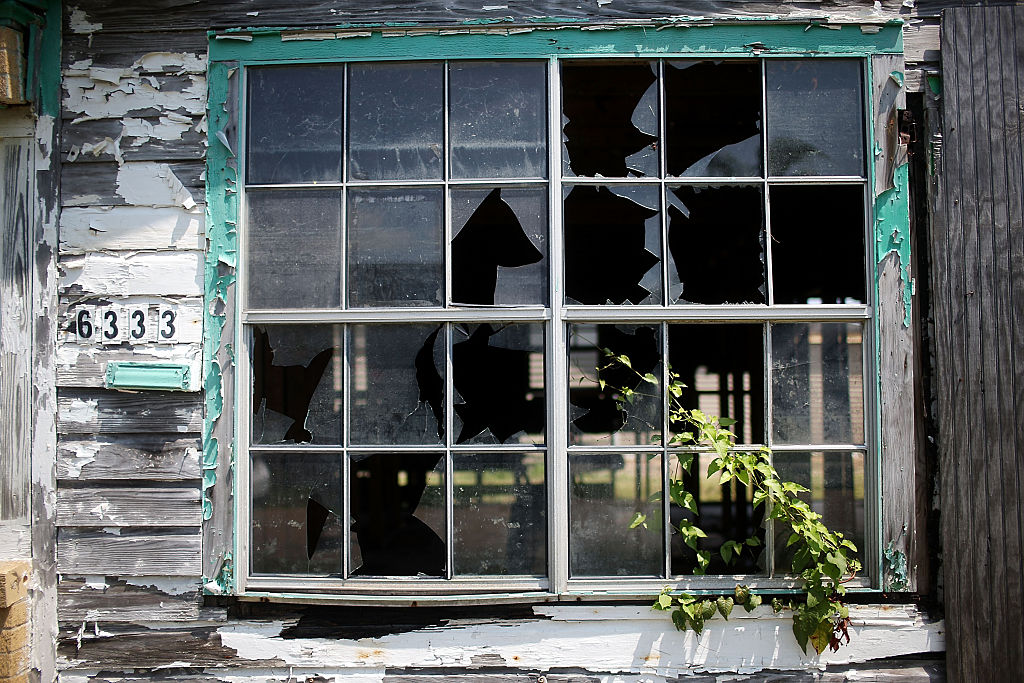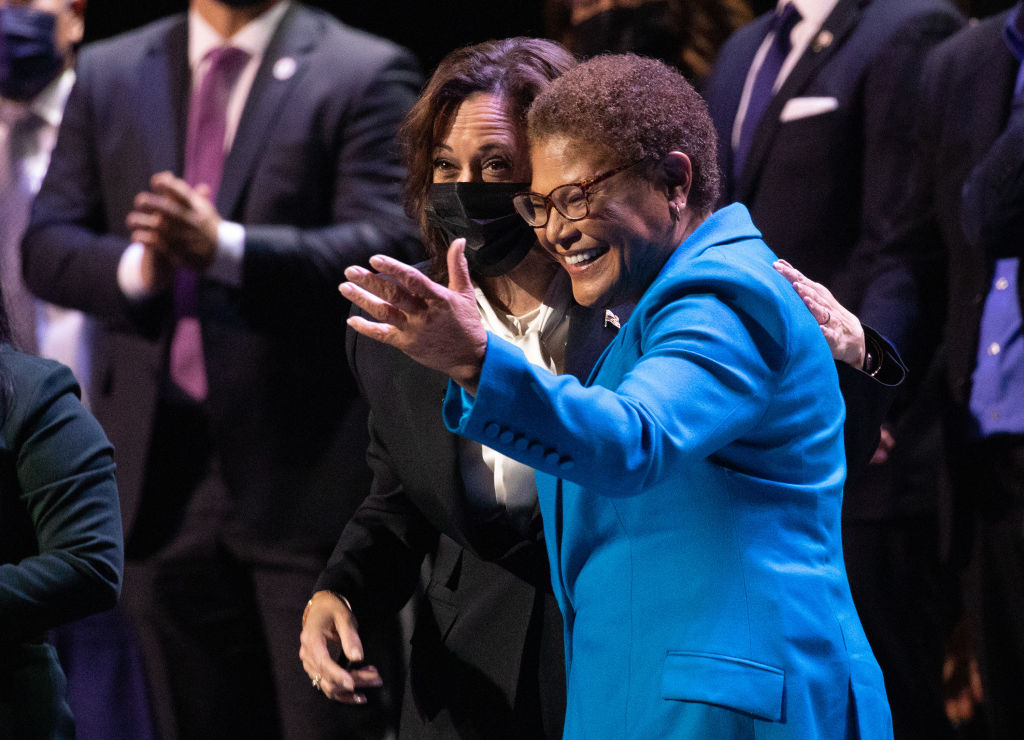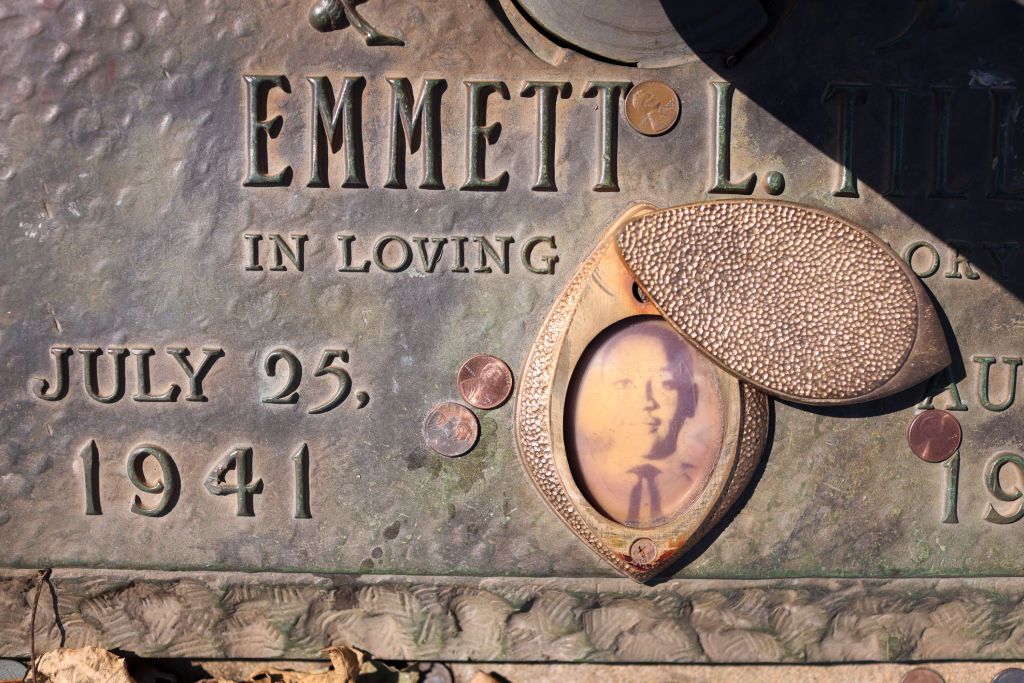New Investigation Proves Residents Left Out Of Katrina Recovery
New ProPublica Investigation Shows Many New Orleans Residents Left Out Of Katrina Recovery

Source: Mario Tama / Getty
A federal program meant to help rebuild after Hurricane Katrina left poor people, according to a new analysis from ProPublica. As a part of ProPublica’s local network reporting project, the investigation detailed how over 17 years after Hurricane Katrina ravaged, low-income residents were left without much recourse.
The Advocate, The Times-Picayune and WWL-TV joined Pro-Publica in a deep dive into data exposing the inequities hidden in the program. The Road Home Program deprived the lowest-income households by about $18,000 on average. The report highlights the case of a 73-year-old social worker who was awarded $3,468 after insurance payments despite having an estimated $297,000 in damage per the Road Home’s calculation.
The investigation team analyzed close to 92,000 statewide grants. While the state previously settled a lawsuit about the program, the underlying program formula was never changed and continued to lowball low-income residents. Those with the lowest income levels had the greatest unmet need as a result of the program’s hidden inequities.
From ProPublica:
People in the most impoverished areas in New Orleans — those with a median income of $15,000 or less — had to cover 30% of their rebuilding costs after Road Home grants, Federal Emergency Management Agency aid and insurance. In areas where the median income was more than $75,000, the shortfall was 20%, according to the analysis by ProPublica, The Times-Picayune | The Advocate and WWL-TV.
Poverty tracks closely with race in New Orleans, so the shortfalls in the city disproportionately hurt Black people. Road Home also underpaid residents of St. Bernard Parish, a mostly white, working-class community devastated by the hurricane.
Had properties in the lowest-income parts of New Orleans been covered at the same rate as the wealthiest, each of those households would have received about $18,000 more on average. Across the city, covering all homeowners’ repair costs at the rate of the highest earners would have resulted in another $349 million for rebuilding.
The Road Home program was hugely consequential for Louisiana and much more so for its largest city, most of which flooded after Katrina’s storm surge overwhelmed its levees. Most homeowners didn’t have adequate insurance. Facing the possibility of a mass exodus, state leaders devised Road Home to cover the gap and encourage people to rebuild.
Read the complete report here.
The latest findings follow growing recognition of the systemic inequities in recovery programs and Whether it is natural disasters or disinvestment in public water systems, residents of many communities around the country often struggle without relief. Reports like the ProPublica analysis should inform policymakers and advocates to help address the prolonged inequalities in the process.
SEE ALSO:
St. Louis To Consider Reparations For Black Residents
Hurricane Katrina Survivors Settle Lawsuit With Brad Pitt’s Defunct Charity
















